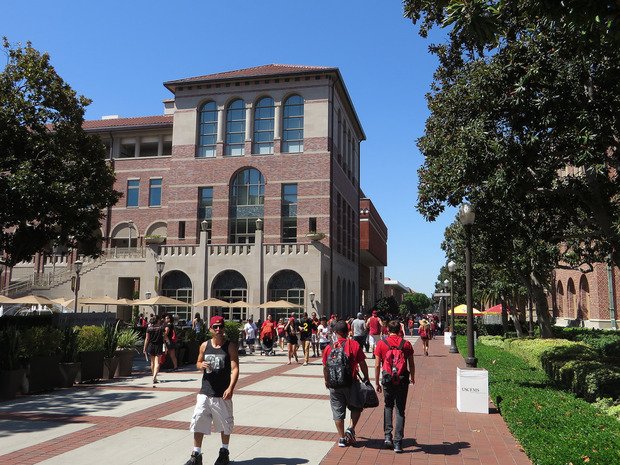Russia seeking to make national education more international
The government aims to increase educational quality of the nation
Russians are one of the most educated nations worldwide: over a half of the population holds tertiary degrees. At the same time, the national higher education system is going through a number of serious adjustments due to the government's decision to improve the positions of Russian universities in global rankings.
Russia's higher education system is in need of contemporary adjustments, especially in the area of research, reports QS WOWNEWS. In recent years, the local education has faced a range of pressures, particularly at the tertiary level. Besides spending cuts caused by the 2014-2016 budget deficit, educational institutions have faced a shortage of potential students due to a demographic drop. The number of students enrolled in tertiary institutions reduced from 7,5 million in 2008-2009 to 5,2 million in 2014-2015. Moreover, it is expected to decline further to 4,2 million students by 2021. In addition to ageing population, Russia is facing a brain drain situation, warns the World Bank.
Meanwhile, the Kremlin is seeking to improve the global ranking of Russian universities by 2020, to attract a considerable proportion of tertiary-level students from abroad and to stimulate local scholars' interest in foreign education. The government has already launched a number of initiatives aimed at enhancing education quality and international branding.
First, the authorities have set a goal to get rid of poorly performing universities by merging them with high-quality establishments. In 2015, it announced the intention to decrease the number of tertiary institutions by up to 40% with a focus on the private sector. It is also planned to reduce the number of branch campuses operated by universities. By 2017, the number of Russian educational institutions decreased by over 14%.

The second objective is to attract more foreign academics and students to Russian universities. In 2015, Russia raised international student quota by 33% and increased the number of scholarship funds available to foreign students. It is expected that the Association of Global Universities, which consists of 21 top Russian universities, will bring a minimum of 15,000 international students to Russia annually. The proportion of foreign students is viewed as a measure of the effectiveness of tertiary institutions that can boost the university rankings.
At the same time, the government is encouraging Russian young people to continue their education abroad. In 2014, the authorities implemented the Global Education Programme intended to replenish the lack of skilled professionals by funding full-time post-graduate studies in the areas of science, engineering, medicine, education and social management at 288 selected universities abroad. The participants are expected to return to Russia after their studies and to obtain employment in accordance with their qualification for at least 3 years.
Russia also continues the development of transnational education (TNE) in post-Soviet countries, where Russian state universities operate 36 branch campuses. Russia regards TNE as an opportunity to promote Russian higher education abroad, support Russian institutions in foreign countries, popularise Russian culture and improve the image of Russia across the Commonwealth of Independent States.